Living in a more environmentally friendly way is becoming more and more important as time goes on. Typically, families go above and beyond to live more environmentally friendly because parents are often concerned about how pesticides, pollutants, and heaps of nonbiodegradable rubbish will harm their children’s health and future. But, at times, it appears like environmental stewardship and juggling a busy family life are incompatible. As much as you’d prefer to avoid drinking from juice boxes, using plastic bags, and spending half your income on gas, you are a parent with lunches to pack, groceries to haul home, and a lengthy list of errands to do. However, there are a few tiny changes to become more ecologically conscious. KC Dumpster has gathered the below family-friendly ideas that can help you start reducing, reusing, and recycling more effectively – without requiring a significant lifestyle change.
Conservation of Resources – What Exactly Are Natural Resources?
Natural resources are those that exist in nature without the intervention of people. A natural resource is any naturally occurring substance, including animals, plants, water, oil, coal, minerals, timber, land, light, soil, and energy. In addition, renewable and nonrenewable natural resources exist:
- Renewable resources are inexhaustible energy sources such as solar and wind energy, biomass energy, and hydropower.
- Nonrenewable resources cannot be supplied naturally at a sufficient rate to fulfill rising demand. Water, fossil fuels, natural gases, minerals, and nuclear energy are nonrenewable resources.
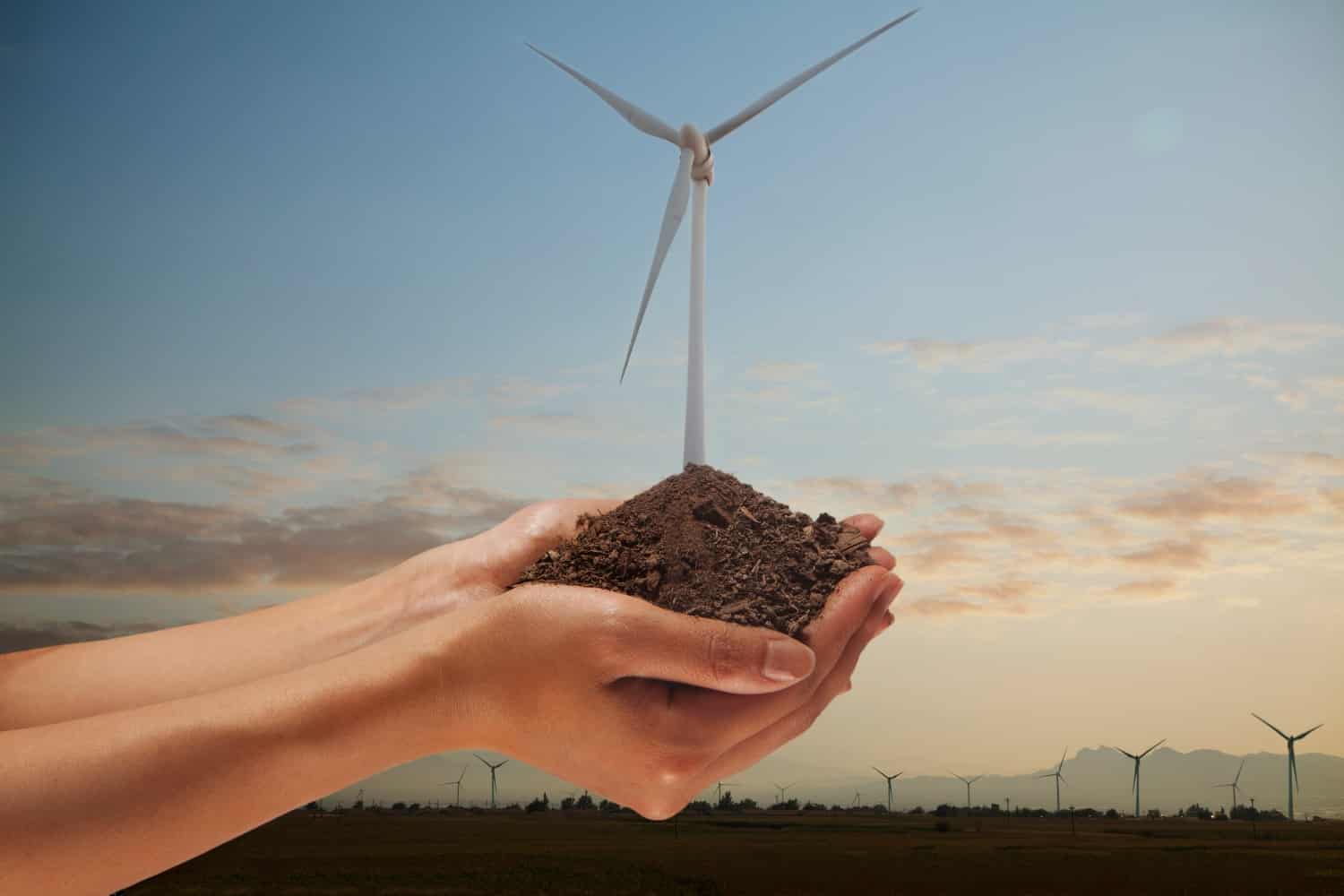
Why Is Natural Resource Conservation Important?
People rely on natural resources for survival, yet not all are renewable. For example, we rely on natural resources for the food and water we consume, the air we breathe, and the shelter we build; therefore, we must conserve our resources; particularly the use of nonrenewable resources such as fossil fuels.
What Actions Can We Take to Help Conserve Nature?
We can do several things as individuals to aid in the conservation of nature and natural resources. Keep reading for the methods and ways to practice the conservation of nature.
Best Water-Saving Techniques for the Home
According to Save the Water, on average, Americans use approximately 2,000 gallons of water per day. So, taking these water-saving measures may make a significant impact.
- Never wash a partial load of laundry. Only wash full loads of laundry.
- While showering, fill a bucket with water and use it to water plants.
- Only run the dishwasher when it is full.
- Turn off the water when you brush your teeth.
- Using a watering calculator, create a lawn watering schedule.
- Collect rainwater.
- Install water-saving faucets and showerheads.

How to Reduce Food and Packaging Waste at Home
Food consumes many natural resources before it ever reaches your supermarket cart, from manufacture to delivery.
After being consumed, the residual plastic wrappers, cardboard boxes, and uneaten leftovers find a more permanent home in the landfill, generating greenhouse gases as they disintegrate.
Here are some eco-friendly dining suggestions.
- Create a weekly meal plan to help eliminate waste.
- Only buy the items on your shopping list.
- Begin a compost pile.
- Reduce the number of processed goods in your pantry.
- Pack lunch in reusable food containers.
- Avoid fast food.
- Recycle your water bottles and plastic bags.
- Reduce your use of straws, plastic utensils, and paper plates.
- Begin by establishing a communal garden.
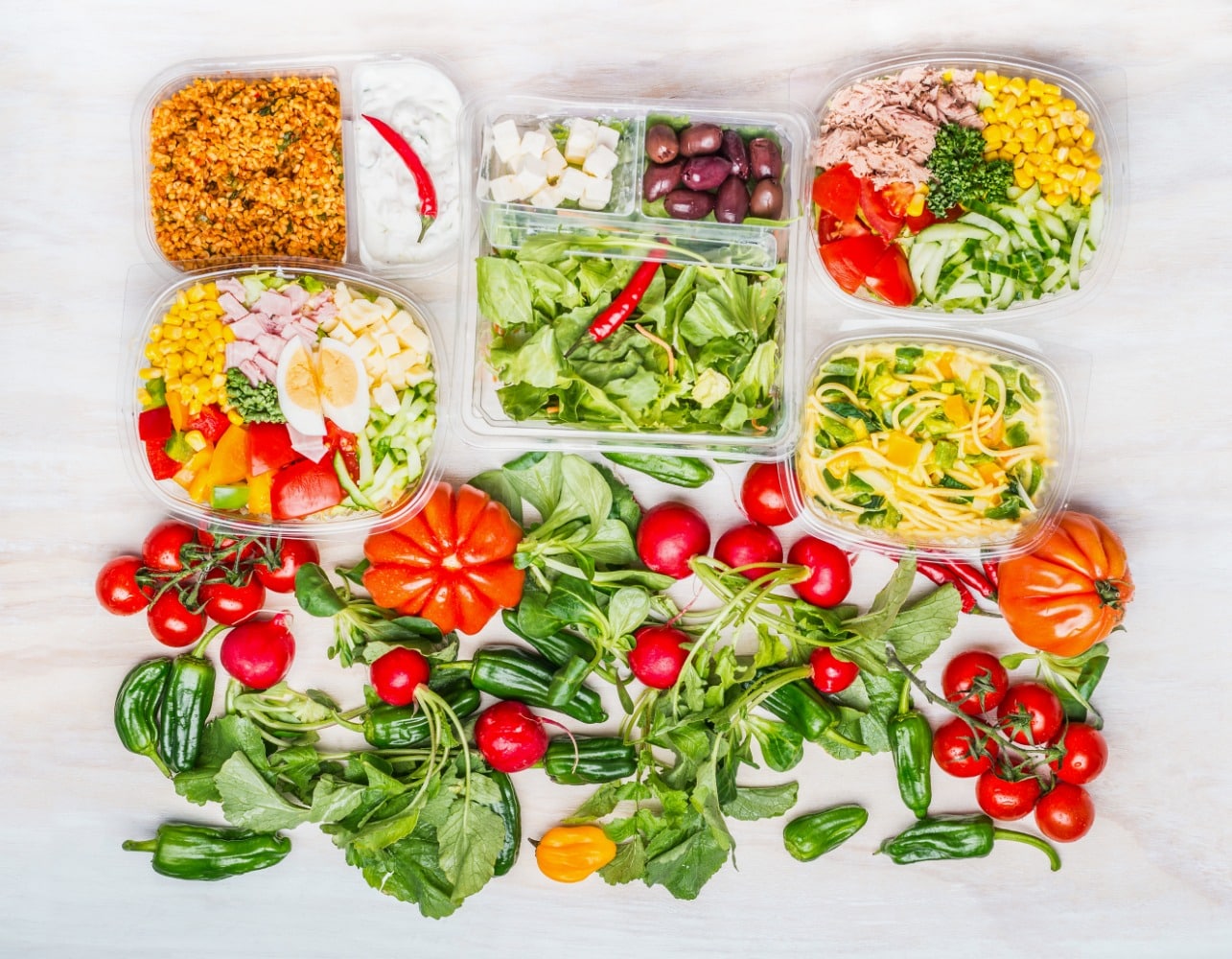
Conservation of Nature – How to Conserve Fuel
There is little question that transportation emissions damage the air. Therefore, changing your driving habits might have a more significant environmental impact than you realize. You will not only save money on petrol, but you will also lower your carbon impact dramatically.
- Don’t let your car engine idle for longer than 15 minutes; turn it off.
- Use a rideshare service such as Uber.
- Take use of public transit, such as buses or trains.
- Take a carpool to work.
- If your budget permits it, consider purchasing an electric car.
- You may either walk or ride your bike.
- Unless your car demands premium gasoline, fill up with ordinary.
- For better fuel economy, keep your tires at the correct air level.
- Only use your car’s A/C when it is necessary.
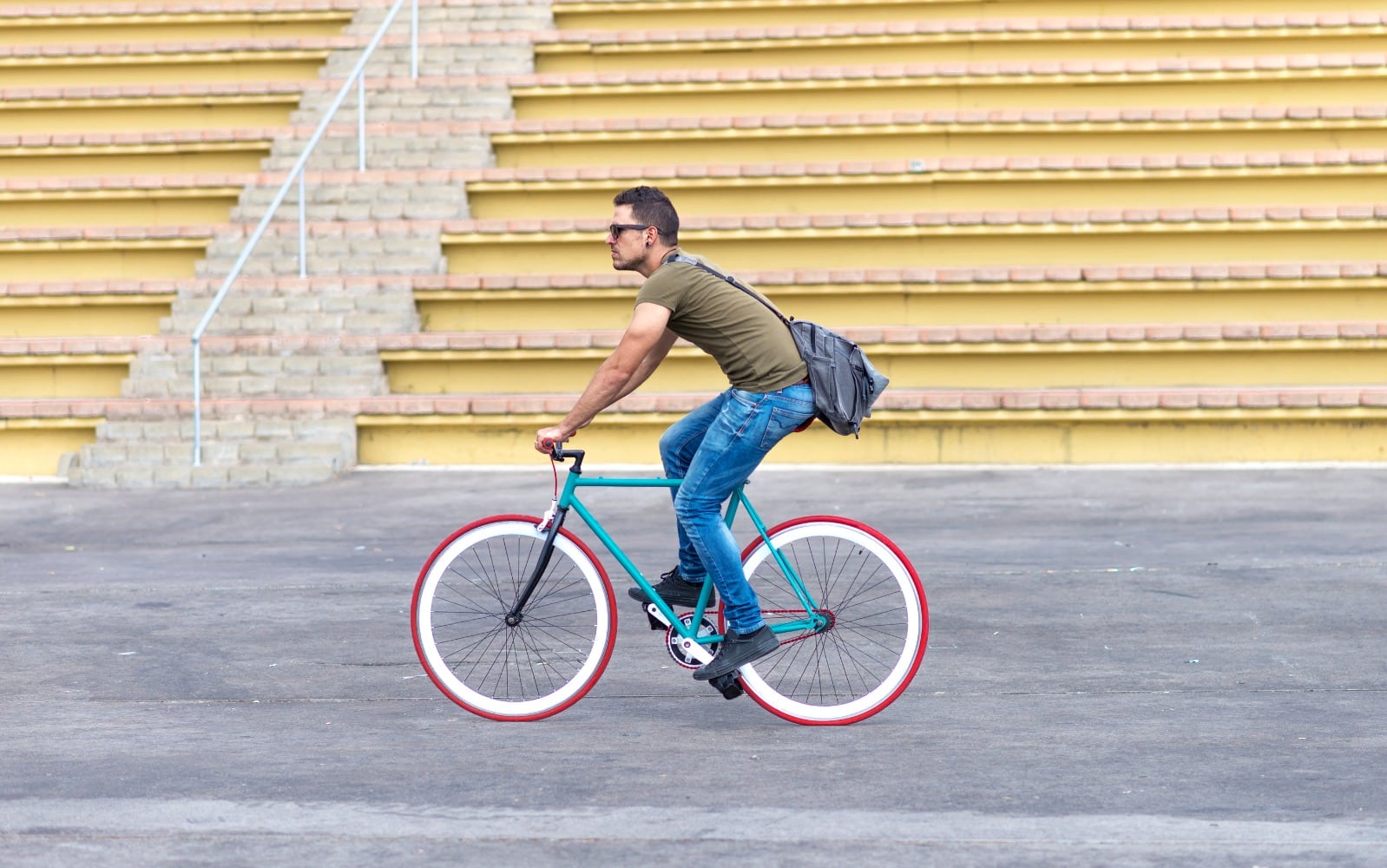
How to Use Less Paper
We all receive lots of junk mail, and many of us have paper stacked on our desks. However, most unopened mail, outdated phone books, and other paper items end up in landfills, while more and more trees are cut down each year to manufacture products. Here are some ideas for reducing your consumption of paper.
- Make the switch to online bill payment.
- Unsubscribe from junk mail subscriptions.
- Consider your options before you publish.
- Recycle following local regulations.
- Subscriptions to digital magazines are available.
- Donate boxes from internet shopping or after a move.
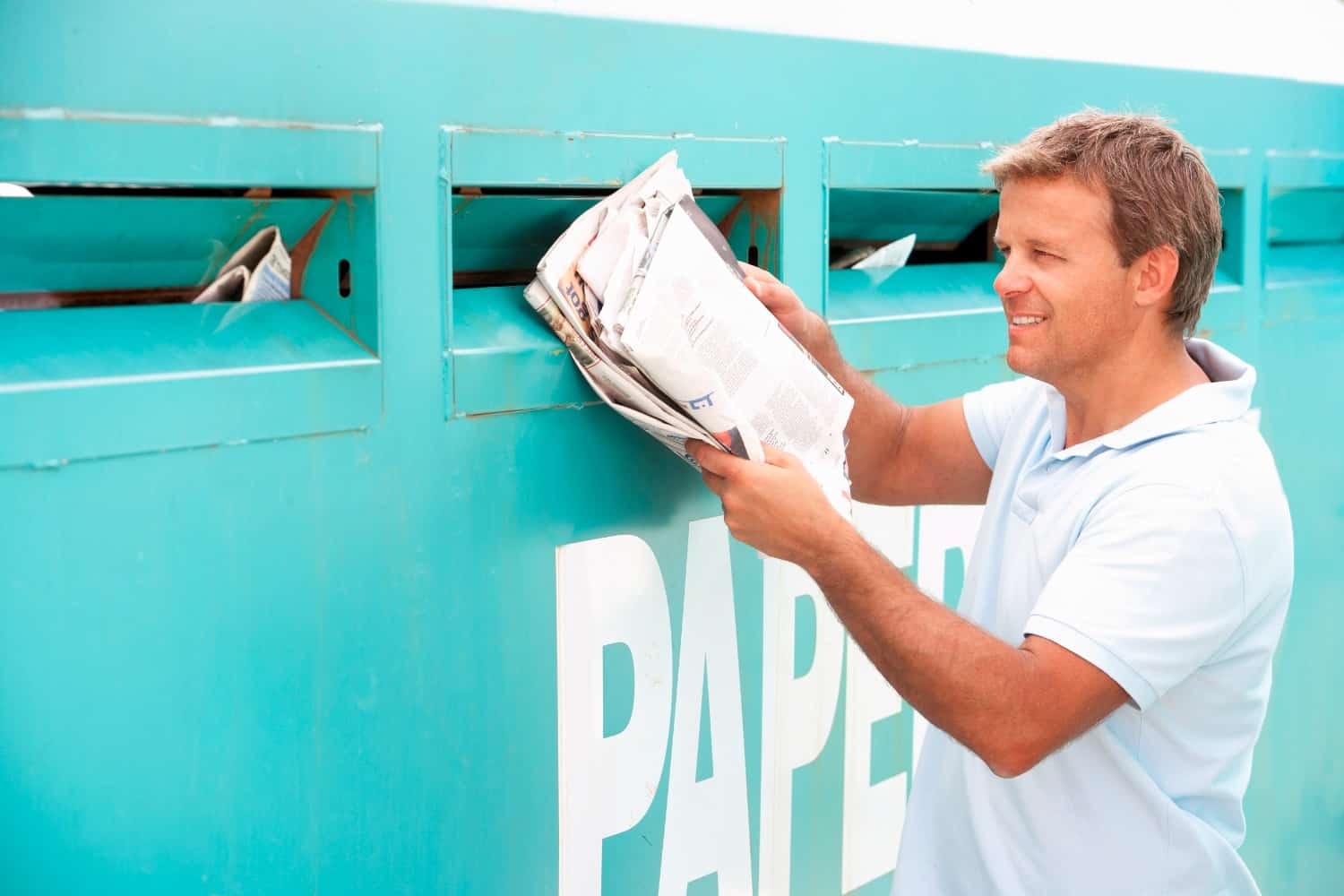
How to Use Less Electricity Around the House
Power plant byproducts can have a harmful influence on the environment and human health.
Limiting your family’s power consumption may have a significant effect while also saving you money. Below are a few ways to help save energy at home.
- When not in use, unplug chargers and appliances.
- Only turn on the air conditioner when necessary and instead open the windows to let in the fresh air.
- During the day, keep the blinds drawn.
- Turn off the lights when you are not home and when you leave a room.
- Install timers or motion detectors on interior and outside lighting.
- Switch to LEDs in place of incandescent lights.

Additional Ways to Practice the Conservation of Nature
- Consume less meat or seek out meat from local farmers.
- Grow your own food by starting a garden.
- Plant perennials for pollinators such as birds, bees, and butterflies.
- Plant and care for trees, as well as gather their fruit.
- Use LetGo, Craigslist, or your local thrift store to buy or sell furniture, clothing, and household things.
- Buy things manufactured in the United States.
- Measure your laundry detergent. Please don’t overdo it.
- Instead of going to a big department store, look for yard sales, garage sales, and estate sales.
- Make use of beauty products that are sourced sustainably.
- Buy coffee and chocolate that has been cultivated and harvested ethically.
- If in excellent shape, donate old appliances, tools, or equipment when replacing them.
- Join a local nonprofit that is concerned with sustainability.
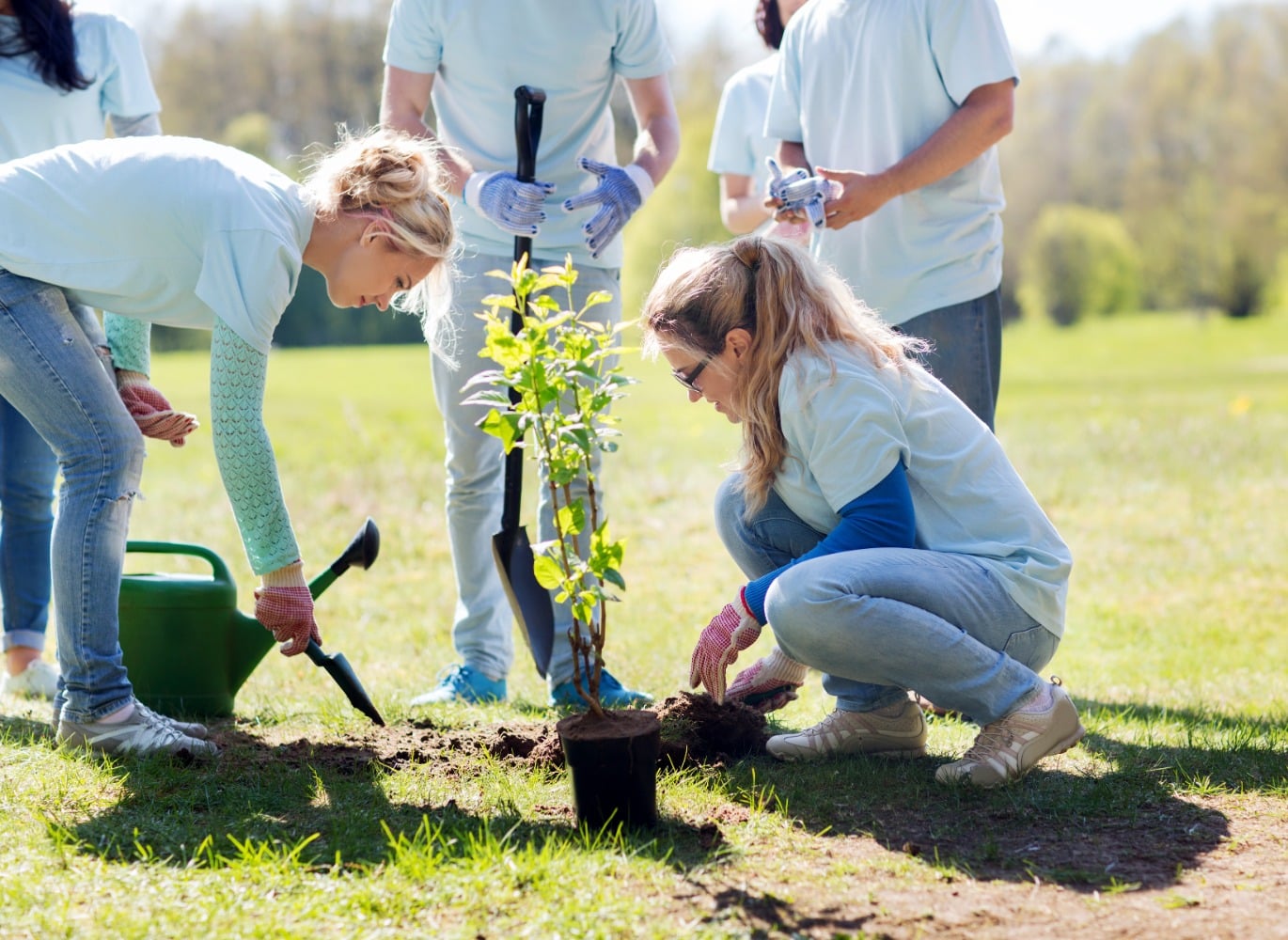
Last Notes on the Conservation of Nature
Understanding the value of nature and what we can do to help in the conservation of nature is not difficult. However, it might mean changing a few old habits for new ones. KC Dumpster encourages you and your family to take steps into creating a better environment and world for the generations to come. When looking for ways to practice the conservation of nature, remember that a little bit can go a long way.
KC Dumpster is here to help, and if you’re looking for eco-friendly ways to haul away trash from your latest home renovation or construction project, KC Dumpster has the dumpster rental for you! Contact us today to learn more.
Leave A Comment